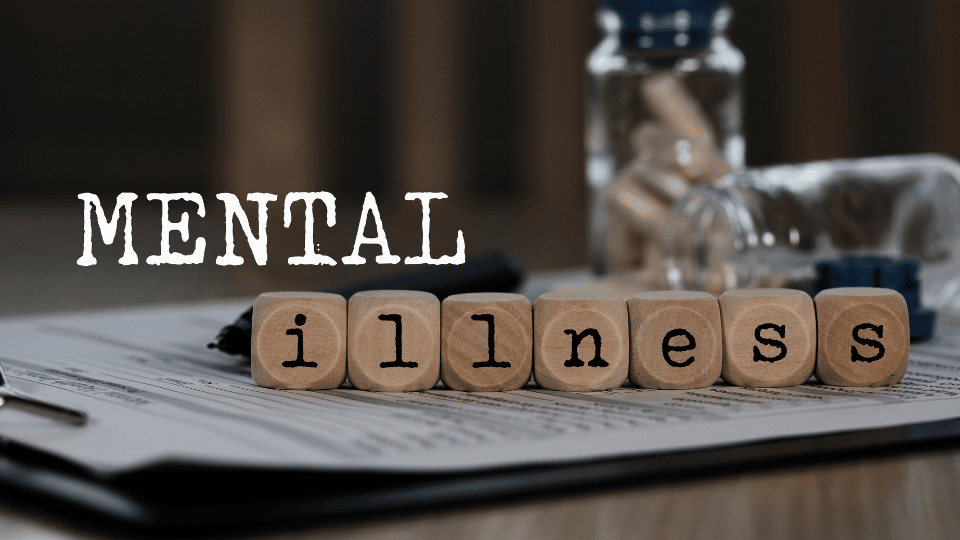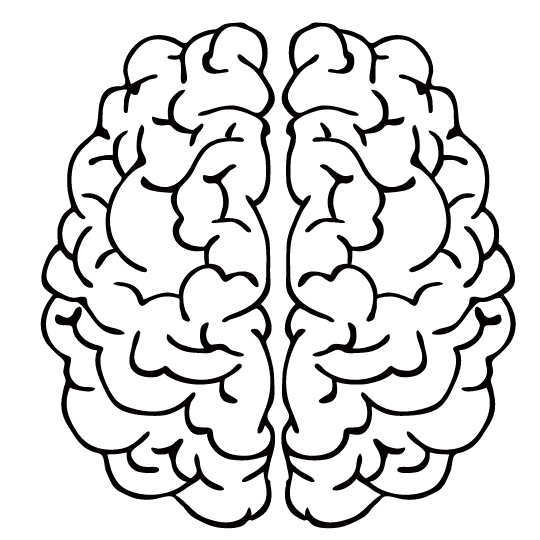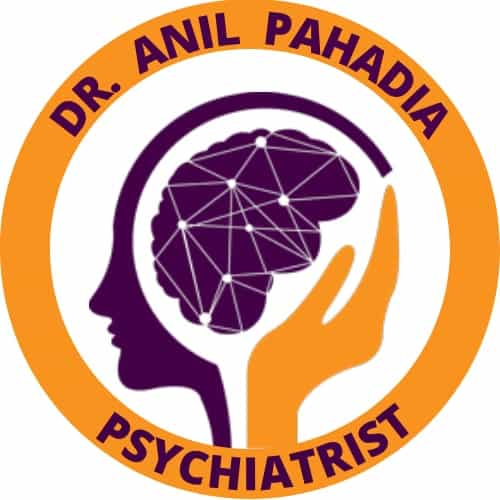
Mental illness
Overview
A wide variety of mental health conditions—disorders that impact your emotions, thinking, and behavior—are referred to as mental illnesses, sometimes known as mental health disorders. Depression, anxiety disorders, schizophrenia, eating disorders, and compulsive behaviours are a few examples of mental illnesses.
Many people occasionally experience problems with their mental health. However, a mental health issue turns into a mental disease when persistent symptoms put you under a lot of stress and impair your capacity to perform daily tasks.
A mental illness can make your life miserable and interfere with regular activities, including work, school, and relationships. Most of the time, a combination of medicine and talk therapy helps control symptoms (psychotherapy)

Symptoms
Depending on the problem, the environment, and other factors, there can be a wide range of signs and symptoms of mental illness. Emotions, beliefs, and behaviours can be impacted by the symptoms of mental illness.
Examples of symptoms and indicators are as follows:
- Being depressed or sad
- confused thinking or a diminished capacity to focus.
- excessive worry, anxiety, or thoughts of guilt.
- extreme highs and lows in one’s mood
- Leaving friends and activities behind
- significant exhaustion, lack of energy, or issues sleeping
- Loss of awareness of reality (delusions), suspicion, or hallucinations
- inability to manage stress or daily difficulties.
- I have difficulty comprehending and responding to people and circumstances.
- significant dietary changes
- Changes in sexxcessive hatred, fury, or violence
- Suicidal ideation
Sometimes the signs of a mental illness manifest as bodily issues like headaches, backaches, stomachaches, or other unexplained aches and pains.
Diagnosis
Treatment is available for mental health issues, and recovery is possible. Many people who have mental health issues are able to operate normally again. Some mental illnesses can be avoided.
It is not always obvious whether a problem with mood or thinking has gotten bad enough to require attention from mental health professionals. For instance, when a person loses a loved one, a depressed state can occasionally be expected. However, if the person’s depressive state persists or interferes with daily activities, they may benefit from medical attention. A person may not see changes or issues in themselves, but family or friends may notice them.
Some mental disorders can be connected to or imitate physical ailments. For instance, a thyroid problem may be related to depressive symptoms. A complete evaluation, which usually includes a medical examination, is required for a mental health diagnosis. Tests on the nervous system or blood work may be part of this.
Different cultural and racial groups may show mental health disorders in various ways. For instance, some people are more likely to visit a doctor with complaints of physical symptoms brought on by a mental health issue. Different from how most American doctors see and characterise mental health issues, some cultures do.
Many people refrain from getting necessary treatment due to the stigma surrounding mental illness and its treatment.
Treatment
Your course of treatment will depend on the type and degree of your mental illness, as well as what is most effective for you. The best course of action is frequently a mix of therapies.
Treatment from your health care physician may be sufficient if you have a moderate mental disorder with well-controlled symptoms. A team approach is frequently necessary in order to ensure that all of your psychiatric, medical, and social requirements are fulfilled. In the case of serious mental diseases like schizophrenia, this is extremely crucial.
Medications
Psychiatric drugs don’t heal mental disease, although they frequently greatly reduce symptoms. Additionally, psychiatric drugs can boost the efficacy of other therapies like psychotherapy. The ideal drugs for you will depend on your unique circumstances and how your body reacts to the drugs.
Prescription psychiatric drug classes that are often utilised include:
Antidepressants: Antidepressants are used to treat a variety of illnesses, including anxiety and depression. Symptoms including depression, hopelessness, fatigue, difficulty concentrating, and lack of interest in activities can all be helped by them. Antidepressants do not lead to dependency or addiction.
Antipsychotic medications: Typically, antipsychotic medications are used to treat psychotic conditions like schizophrenia. Antipsychotic drugs can also be used to treat bipolar disorders or depression when combined with antidepressants.
Anti-anxiety medications: These medications are used to treat anxiety disorders like panic disorder and generalised anxiety disorder. Additionally, they might lessen agitation and sleeplessness. Antidepressants, which help treat anxiety, are frequently used as long-term anti-anxiety medications. Fast-acting anti-anxiety medications provide temporary comfort, but they can also lead to reliance, so they should preferably only be used temporarily.
Mood-stabilizing medications: Most frequently, mood stabilisers are used to treat bipolar disorders, which alternate between episodes of mania and depression. When treating depression, mood stabilisers are occasionally used with antidepressants.
When to see a doctor
Consult your primary care physician or a mental health expert if you experience any indications or symptoms of a mental illness. The majority of mental diseases don’t get better on their own, and if left untreated, they may worsen over time and cause major issues..
